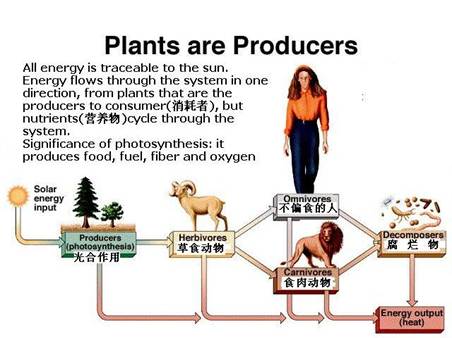题目内容
When you go to St.Petersburg, the number of attractions can seem large.If you are short of time, or just want to make sure to hit the highlights, these are the top must-see sights in St. Petersburg.
1.The Hermitage Museum
The Hermitage Museum is one of the most important sights to see for any visitor to St. Petersburg. There are lots of different paintings by the old masters in the Hermitage. Prepare to come face-to-face with classic Western artists.
2. Kizhi Island
Kizhi Island is an open-air museum of wooden architecture from the Karelia Region of Russia. These impressive structures are made entirely without nails - the wood fits together with joints and grooves(沟槽).
3. Peterhof
Peterhof is as beautiful as it is fun. You’ll be charged for admission, but go to Petethof when the fountaions are working—during the day in the summer. They are shut off in winter evenings.
4. The Church of Our Savior on the Spilt Blood
Love it or hate it, the Church of Our Savior on the Spilt Blood in St. Petersburg is an enthralling must-see sight. The beautiful look may make y our eyes brighten, and the painting sinside the church will make you say “Wow!”
5. The Bronze Horseman Statue
The so-called Bronze Horseman is a part of Russian culture and a symbol of St. Petersburg. Made famous by Alexander Pushkin, this statue of Peter the Great sitting on his horse can truly show Peter the Great’s influence on the Russian idce of greatness.
小题1:If you are interested in paintings, you’d better go to .
小题2:We can learn from the passage that .
小题3:The main purpose of the passage is to .
小题4:The underlined phrase (in Para 1) “hit the highlights” means .
1.The Hermitage Museum
The Hermitage Museum is one of the most important sights to see for any visitor to St. Petersburg. There are lots of different paintings by the old masters in the Hermitage. Prepare to come face-to-face with classic Western artists.
2. Kizhi Island
Kizhi Island is an open-air museum of wooden architecture from the Karelia Region of Russia. These impressive structures are made entirely without nails - the wood fits together with joints and grooves(沟槽).
3. Peterhof
Peterhof is as beautiful as it is fun. You’ll be charged for admission, but go to Petethof when the fountaions are working—during the day in the summer. They are shut off in winter evenings.
4. The Church of Our Savior on the Spilt Blood
Love it or hate it, the Church of Our Savior on the Spilt Blood in St. Petersburg is an enthralling must-see sight. The beautiful look may make y our eyes brighten, and the painting sinside the church will make you say “Wow!”
5. The Bronze Horseman Statue
The so-called Bronze Horseman is a part of Russian culture and a symbol of St. Petersburg. Made famous by Alexander Pushkin, this statue of Peter the Great sitting on his horse can truly show Peter the Great’s influence on the Russian idce of greatness.
小题1:If you are interested in paintings, you’d better go to .
| A.Peterhof and Kizhi Island |
| B.the Hcrmitagee Museum and Peterhof |
| C.Kizhi lsland and the Church of Our Savior on the Spilt Blood |
| D.the hermitage Museum and the Church of Our Savior on the Spilt Blood |
| A.visitors can visit Peterhof for free |
| B.the buildings of Kizhi Island are made of wood |
| C.the fountains in Peterhof can be seen all year round |
| D.the largest collection of Russian arts is in the Hermitage Museum |
| A.show the wonderful history of Russia |
| B.persuade artists to study St. Petersburg |
| C.recommend the famous buildings in Russia |
| D.introduce the must-see sights in St. Petersburg |
| A.to save more time | B.to learn more knowledge |
| C.to go to the high buildings | D.to visit the most interesting sights |
小题1:D
小题2:B
小题3:D
小题4:D
略

练习册系列答案
相关题目
 阅读下面的短文,并根据短文后的要求答题(请注意问题后的字数要求)。
阅读下面的短文,并根据短文后的要求答题(请注意问题后的字数要求)。